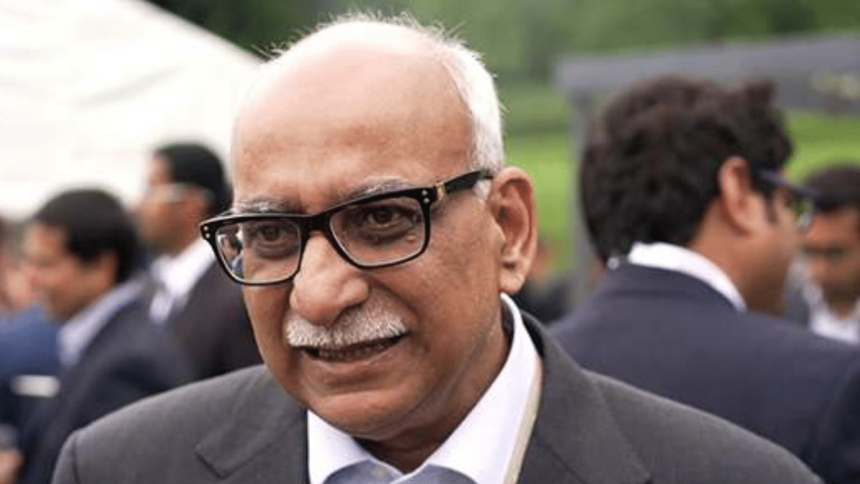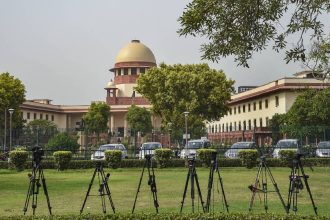The Centre has reconstituted the National Security Advisory Board (NSAB), appointing former RAW chief Alok Joshi as its new chairman. The decision comes as a significant and strategic move following the deadly terrorist attack in Pahalgam. It is part of a broader effort to bolster India’s national security architecture amid rising cross-border threats.
7-member National Security Advisory Board
The restructured seven-member board includes several high-profile former officers from the armed forces, police, and foreign service. Among them are Air Marshal PM Sinha, former Western Air Commander; Lt General AK Singh, former Southern Army Commander; Rear Admiral Monty Khanna; retired IPS officers Rajiv Ranjan Verma and Manmohan Singh; and former IFS officer B Venkatesh Varma.
The NSAB, an advisory body under the National Security Council, consists of experts from diverse fields, including defence, internal security, foreign affairs, and economic strategy. Members are typically drawn from retired senior officials, academics, and civil society.
CCS meetings post-Pahalgam terror attack
The government’s decision to revamp the NSAB comes on the heels of the Pahalgam attack, which killed 26 people, including one Nepali national. The attack, which occurred shortly after successful elections in Jammu and Kashmir, was discussed at length during two Cabinet Committee on Security (CCS) meetings chaired by PM Modi.
The CCS was briefed on cross-border linkages of the attack, with officials underscoring its timing against the backdrop of Jammu and Kashmir’s economic progress. In response, the government announced measures, including suspending the Indus Waters Treaty as a strong message to Pakistan.
At a separate high-level security meeting, Modi expressed full confidence in the armed forces, granting them operational freedom to determine the nature, timing, and targets of India’s response.










